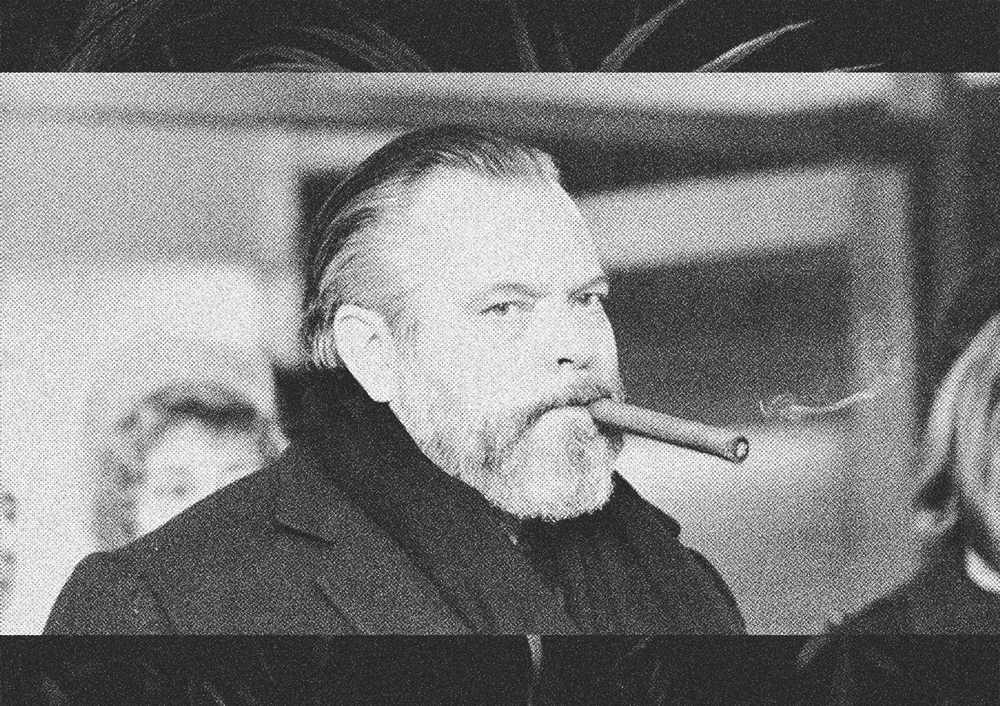
“How we spend our days is, of course, how we spend our lives”
— Annie Dillard (1945)
Do you ever wonder what an office could be if it wasn’t an endless drip of mediocrity? If the same dull decor didn’t frame your Monday to Friday routine: the shared desk; the inoffensive colour scheme; the cutesy, little bits and bobs your coworkers disperse around their one to four square of personal working space. What could an office be if you weren’t chained to your desk from nine to five, looking out onto a sea of sameness? What if your dedicated workspace was more than your desk, the break room, and a meeting room three doors down? What if it could be more than a stream of interruptions you couldn’t get away from?
In her book of essays, The Writing Life, Annie Dillard says “How we spend our days is, of course, how we spend our lives.” And truly, is the tedium of a standard office how you want to spend your life? The drip of the coffee machine in the background; a phone going off, and another, and another; the odd plant, whose sole function is to liven up the place, but all it does somehow is create a juxtaposition with the furnishings—the strange, muddy yellow amalgamation that masquerades as wood; the plastic, white table tops; the grey, spray-painted cabinets. Aren’t you tired of the same burn-your-eyes-out red carpet; the scratchy, 100% polyester woven, punch-happy blue chairs; lick upon lick of primary colours amongst an emporium of beige.
It is not that we have a short time to live, but that we waste a lot of it. Life is long enough, and a sufficiently generous amount has been given to us for the highest achievements if it were all well invested. But when it is wasted in heedless luxury and spent on no good activity, we are forced at last by death’s final constraint to realise that it has passed away before we knew it was passing. So it is: we are not given a short life but we make it short, and we are not ill-supplied but wasteful of it…Life is long if you know how to use it.
—Seneca, Roman philosopher, statesman, and dramatist

How much more time are you willing to waste for the sake of a system that doesn’t value you as a human being. How much longer do you wish to spend half your time in a place you dislike, doing things you don’t like, so you can spend the other half doing things you might not like all that much either. Because at the end of your nine to five you’re left empty, you’re tired, frustrated, and what you’d prefer to do is to numb out for a while, forget that in the morning you’ll have to start the whole thing over again.
Later on in his career, the actor and director Orson Welles was asked: “…would you say you live to work or work to live? To which Wells replied:
I regard working as part of life; I don’t know how to distinguish between the two, I know that one can, and people do. I honestly think that the best answer to that question that I can give you is that the two things aren’t separated in my mind…work is an expression of life.
—Orson Welles (1915-1985)

What could an office be if there was room to breathe? If there was space to unwrap ideas and let them flourish. Imagine if your workplace wasn’t standardised for so-called efficiency, but geared towards your wellbeing and you as an individual. Ideas aren’t always born when we force them into being and problems aren’t always solved by staring them down, sometimes we genuinely need room to simply stare out of the window; pick up a book, leaf through it at leisure; indulge in an excellent cup of coffee that you didn’t have to trek outside for; play billiards; fall into a conversation with someone outside of your branch of work; duck into a place of focus; or lose yourself in a comfy spot—in other words, unforced spaces in which you can simply be and your ideas can fall into place.
When we started Fosbury & Sons, we set out to create a new kind of workplace, one that values the humanity of the people within its walls. But, more than that we wanted to create a space that no longer catered to an outdated view on work.
We’ve grown dissatisfied with the status quo of what work has been and for so many continues to be. Work can be more than a monthly paycheque, than the food it brings to our table, than the sponsor of our basic needs and our escapism. With Fosbury & Sons—an office for the employee, for the individual, for the start-up, for the entrepreneur, and for the company both large and small—we want to create a renaissance of work. A place to collaborate, to celebrate, and to learn from one another; a place where you can come together, and a place to be apart. We are as much a product of our culture as we are the shapers of it and we want to build upon the culture that bred the office of the twentieth century, to see its flaws, and do better. To redefine a place of work into a place of purpose, into a place where a labour of love can be born. In an office that values you and the work you do, who could you be?
The office is dead, long live the office.
—written by Julie Smits